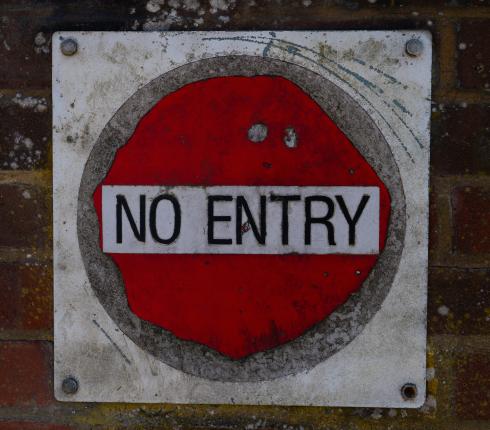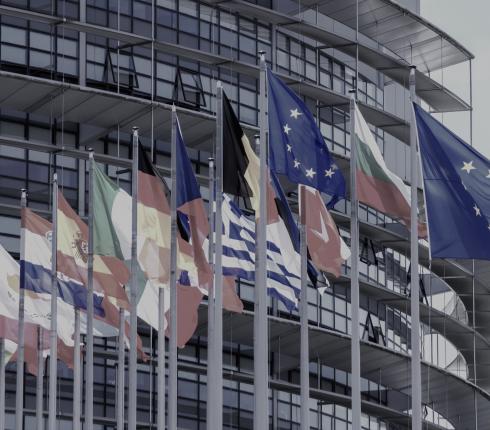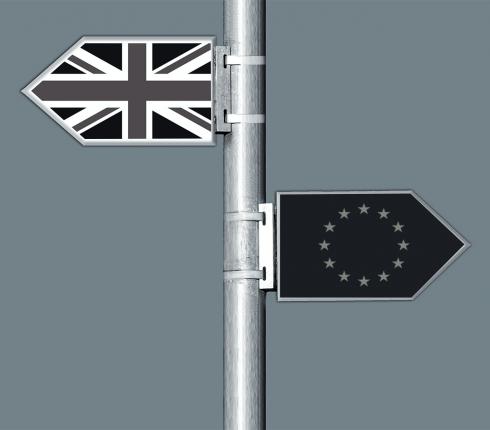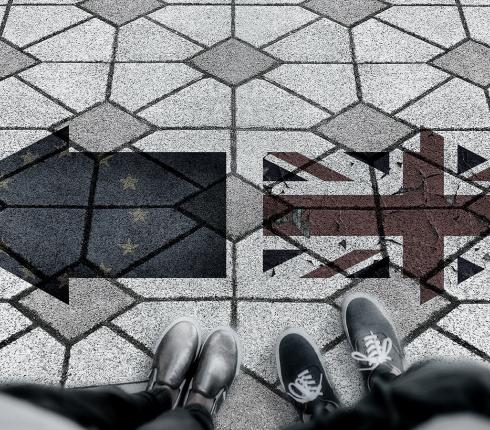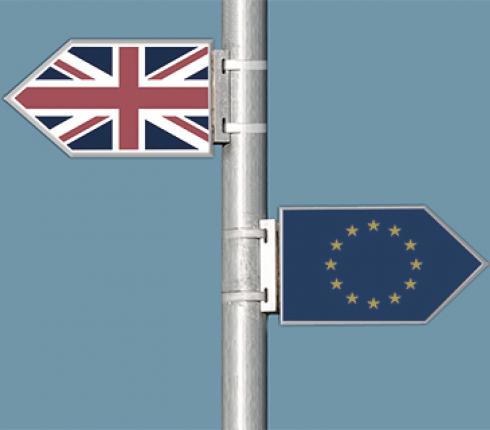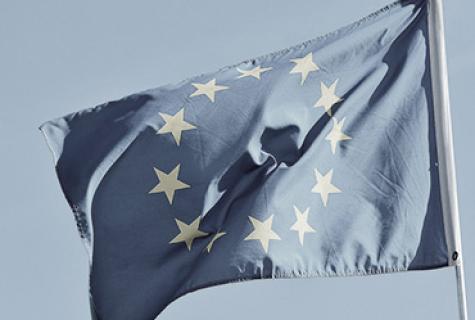NJORD Lithuania: Japan Economic Partnership Agreement: time to explore new markets!
The EU has finalized negotiations for Economic Partnership Agreement with Japan. This Economic Partnership Agreement will boost trade in goods and services as well as create opportunities for investment. Japan is the world's fourth largest economy and with a population of 127 million, its economy is about one third larger than Germany's. So what does this Agreement bring to the Europeans? Here is a list of examples to give you some ideas:
- over time around 85% of EU agri-food products will be allowed to enter Japan entirely duty-free or the customs duties will get sharply reduced (high duties on many hard cheeses eliminated, duty-free quota for fresh cheeses such as Mozzarella; tariffs on wine scrapped from day one; duty-free trade with processed pork meat and almost duty-free trade for fresh pork meat export; over tine today's customs duties will be scrapped for processed pasta, chocolates, cocoa powder, candies, confectionary, biscuits, starch derivatives, prepared tomatoes and tomato sauce, etc.);
- Industrial products – tariffs on industrial products will be fully abolished, for instance in sectors where the EU is very competitive, such as chemicals, plastics, cosmetics as well as textiles and clothing. Tariffs on shoes will be cut from 30% to 21% at entry into force;
- Public procurement – EU companies will be able to participate on an equal footing with Japanese companies in bids for procurement tenders in the 48 so-called 'core cities' of Japan with around 300.000 to 500.00 inhabitants.
- Services – the Agreement makes it easier for EU firms to sell their services in Japan. Firms in the following areas in particular are expected to benefit: business services, financial services, telecoms, transport, distribution.
- Temporary movement of company personnel– the Agreement includes the most advanced provisions on movement of people for business purposes (otherwise known as "mode 4") that the EU has negotiated so far.
When does this Economic Partnership Agreement enter into force? After the legal verification and translation processes, the European Commission will submit the Agreement for the approval of the European Parliament and EU Member States; therefore it is expected to enter into force starting from the beginning of 2019.
You don’t know where to start? Let us know and we will assist you in this matter. By the way, we also speak Japanese! 日本語が出来ますから、ご遠慮なくお問い合わせください。

